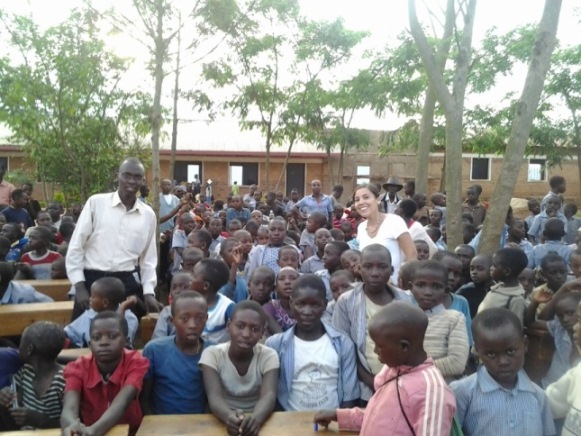According to the United Nations Office on Drugs and Crime (UNODC), every year an estimated 210 millions of people use illicit drugs, with almost 200,000 of them dying annually. Drug abuse and drug trafficking are not only a health threat, but also threaten global stability and socio-economic development across the world.
The UNODC leads global campaigns to raise awareness about the major challenge that illicit drugs represent to society as a whole and especially to the youth. The goal of those campaigns is to mobilize, support and inspire people to act against drug abuse.
In Rwanda, a recent study conducted by the Ministry of Youth in collaboration with Kigali Health Institute shows that 52.5% of the youth with age between 14 and 35 years old had consumed one or more illicit substances at least once in their life time. Due to regular substance/drug use, one young man or woman out of thirteen (7.46 %) is alcohol dependent, one young man or woman out of twenty (4.88%) suffered from nicotine dependence and one young man or woman out of forty (2.54%) was cannabis dependent.
The most successful approaches in drug use prevention involve the critical role of families, schools, and communities to build on protective factors to ensure safe and healthy childhood and adolescent years and to provide viable and legitimate livelihoods for adults. When it comes to preventing drug abuse and tackling drug trafficking, community-centered approaches are the most effective.
It is in that regard, that Ashley and I have organized a public lecture as a community service program to raise awareness of negative effects of drug abuse in pupils and teachers attending Nkondo primary school, a rural school located nearby our placement organization in Rwinkwavu, Eastern Rwanda.
The public lecture was entitled: “HARANIRA UBUZIMA BUZIRA IBIYOBYABWENGE” i.e “LIVE A HEALTHY LIFE WITHOUT DRUG ABUSE”and the theme was:“IBIYOBYABWENGE:OYA!NDABYANZE,MPISEMO UBUZIMA” i.e. “I SAY NO TO DRUGS, I PRESERVE HEALTH”.
Through educational methodologies and basing our approach on scientific findings, we have conducted an interactive public lecture and have discussed various topics as related to drug abuse including but not limited to the status quo of the problem all over the world and in Rwanda particularly, the most common illicit drugs and how they are consumed, causes and consequences of drug abuse, how to help drug dependents?,etc. Furthermore, we have convinced those young pupils and their teachers not to use illicit drugs, to advise drug-dependent people to seek treatment and consider drug use as a global health problem.
Briefly, what is important is that by approaching the drug issue from an inclusive and participatory perspective, community-based interventions can ensure that every sector of society feels ownership and responsibility to do their best in addressing that global problem. Only by working together, we can create a healthier, safer and socioeconomically stable world that is not plagued by drug-related consequences such as crime and violence,… and where vulnerable people feel they can have hope for the future. That is the purpose of Global Health and social equity.

